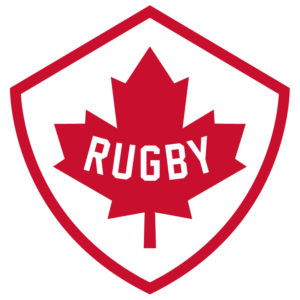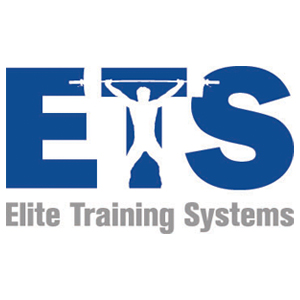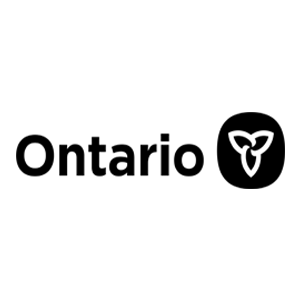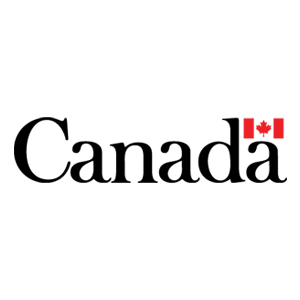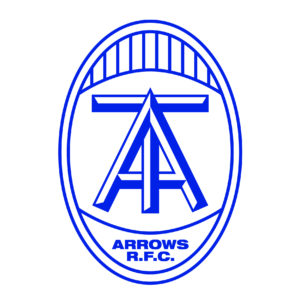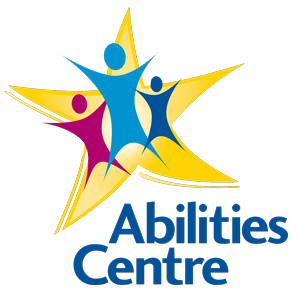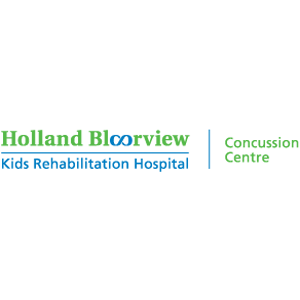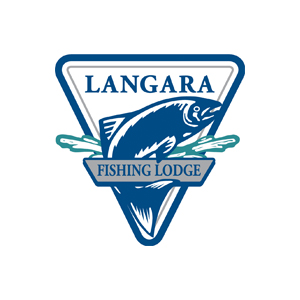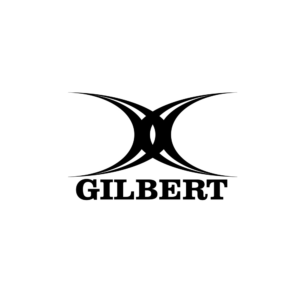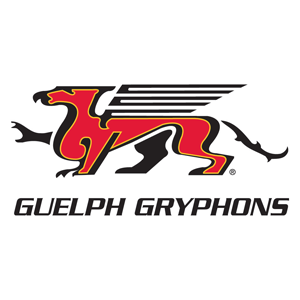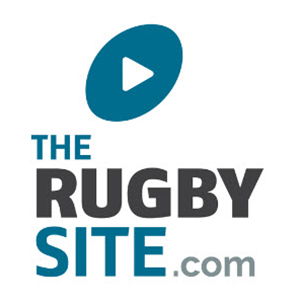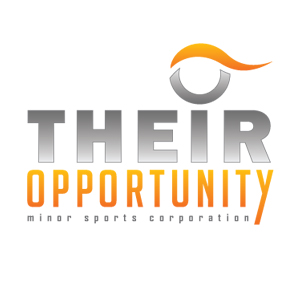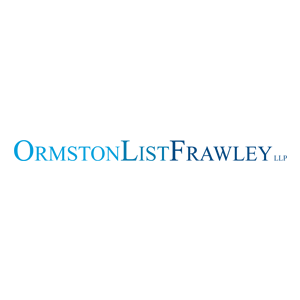
Celebrating National Indigenous Peoples Day with Benny Skinner
At Rugby Ontario, we acknowledge that our game is played across the Province of Ontario on the ancestral and unceded territories of Inuit, Metis and First Nations peoples. We honour, recognize, and respect all Indigenous Peoples as the traditional stewards of the lands on which we participate in the sport of rugby. As visitors to these lands we also acknowledge the Indigenous Peoples long standing presence in this territory, and acknowledge this recognition is key in moving towards reconciliation.
With this in mind, to commemorate this National Indigenous Peoples Day on June 21st 2024, we sat down with Benny Skinner, an athlete from Waterloo County RFC to talk about what they think is vital about celebrating Indigenous culture, history and lives within the rugby community and beyond.
Benny Skinner (they/them) is a Two Spirit Mi'kmaw Kapampangan scholar, strategist, and human rights advocate. They have been an avid rugby lover, player, and coach for well over a decade, having competed at the club, provincial, and national levels. Benny was the first openly-transgender varsity athlete at University of Waterloo where they played their undergraduate career, and since then has been a professional gender equity in sport advocate. They are an ambassador for many 2SLGBTQIA+ advocacy organizations, including the advocacy powerhouse Athlete Ally. Benny was also the first Indigenous, openly-transgender athlete to compete for the Canada Ravens Rugby League program, and the first openly transgender head coach of a varsity-level OUA program when they coached University of Waterloo during the 2022/23. Aside from their decorated rugby and human rights advocacy careers, Benny is also well-established in the world of academia as an up-and-coming Decolonial Governance scholar to watch. They hold a Bachelor's Degree in Peace and Conflict Studies from University of Waterloo, a Master of Arts in Global Governance from the prestigious Balsillie School of International Affairs (BSIA), and will be beginning their PhD in Global Governance at the BSIA in the Fall of 2025.
What are some things you do that you feel proud of your heritage?
Why is intersectionality important in sports?
Intersectionality is important in sports because athletics is a space for everyone, in all of our complexities. Humans are incredibly diverse and can’t be placed into simple binary boxes. We are whole beings and deserve to be able to bring our whole selves to things that bring community together, and that’s what sports do - they build community.
Where would you like to see growth in the rugby community?
I’d like to see the rugby community grow in a few ways. The first is that I’d like to see more leadership that is representative of the programs being served. I’m tired seeing a white male coach in charge of a women’s rugby program. As lovely as it is to have them help, they don’t understand what it means to play women’s rugby. Representative leadership is more effective for growth and success of the athletes. I’d also like to see the rugby community develop a more wholistic understanding of transgender experience, and that it means to be in a binary structure that was not meant to acknowledge your existence. I think there’s are so many myths about transgender athletes that continue to manifest and hateful or exclusionary behaviours, which do so much harm to everyone, including our sport. We need more education on this. And finally, I’d love to see a better understanding of what it means to get to play the game we love on land that we are colonially occupying. What are our responsibilities to the Indigenous communities of Turtle Island and, specifically, the Great Lakes Region? Why aren’t we doing territorial acknowledgments before matches, or letting Indigenous people participate free of charge? How does reconciliation play a role in our community? These are all questions that we have yet to answer. It’s time to start finding solutions and taking action. The rugby community could model the way for other sporting communities and broader society because of how much we all love the sport and the environment that’s cultivated around it. I think we should strive for excellence in inclusivity as a community.
What is your favourite part about advocacy and education?
It is Pride month, as well as , National Indigenous Peoples Day, can you talk about why it is important for queer and indigenous voices to have a platform to speak?
It’s important for queer and Indigenous voices to have a platform to speak because we are some of the most historically oppressed, suppressed, and vulnerable populations. We have been barred from so many spaces because of colonialism, and yet we continue to exist and persist. What this demonstrates to me is proof of an incredible resilience. So we should be listening to these voices; we should be honouring their strength; we should be acknowledging what they have to offer, because it is clear that they are supposed to be here. No matter what religion or creed you believe in, it is undeniable that we have demonstrated an unwillingness to be erased that is matched by few. This must point to some sort of importance, or some lessons to be learned from us. Queer voices are that of the liberated, and Indigenous voices are that of the most deeply interconnected to our Mother the Earth. To me, that sounds like the voices of our most viable future leaders.
We'd like to thank Benny for their willingness to share their insights, experiences and knowledge on this incredibly important day in an incredibly important month. For resources and more information CLICK HERE
ABOUT RUGBY ONTARIO

Rugby Ontario is the provincial sports governing body responsible for the organization of rugby in Ontario. Our mission is to lead, support and promote Rugby for All from communities to clubs to province. This mission signals a movement toward creating a more cohesive, supportive and progressive sporting environment that is responsive to the needs of all members.
To learn more, visit https://www.rugbyontario.com/



